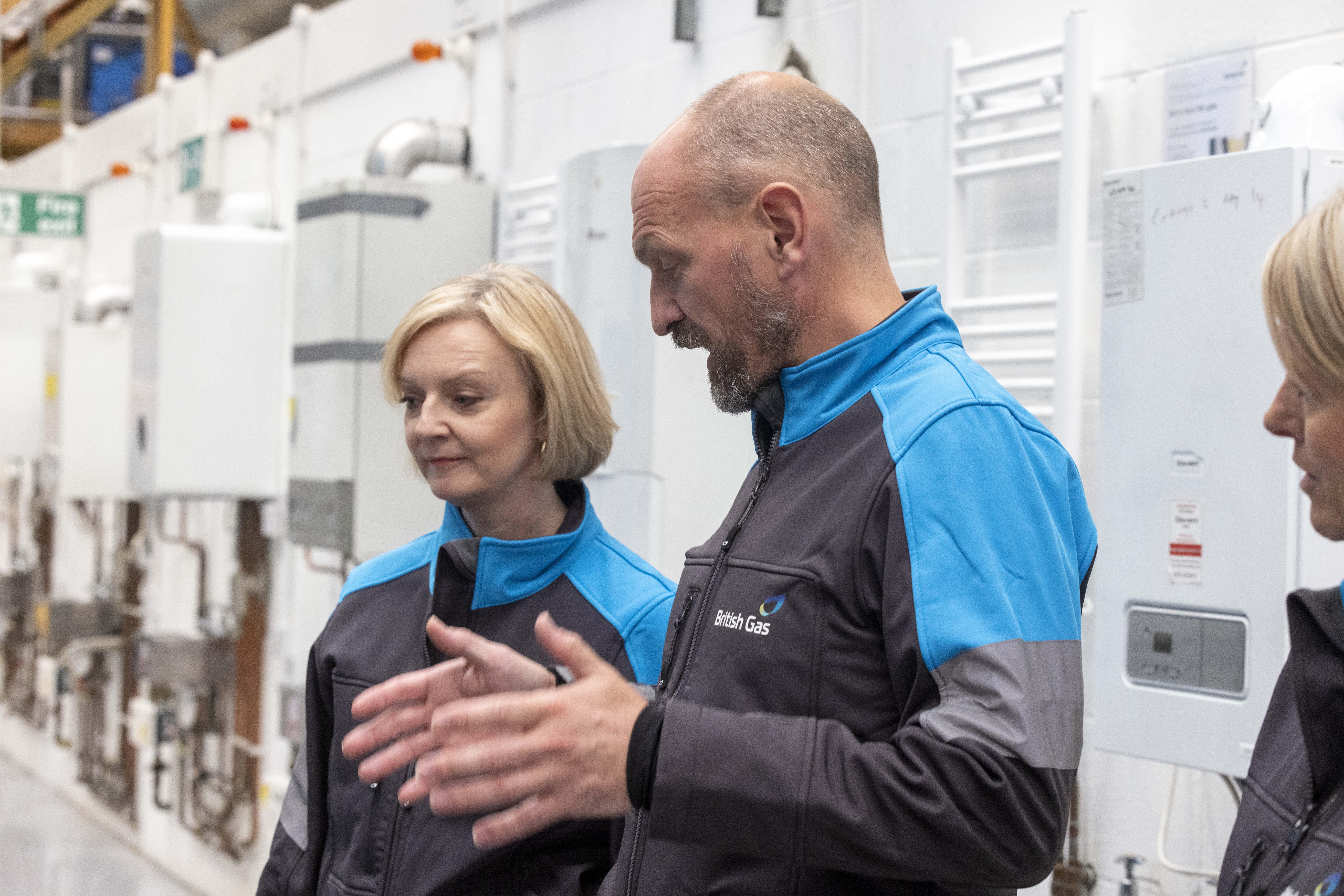Boss of British Gas owner sees pay increase fivefold to £4.5m
Chris O’Shea’s remuneration package rose significantly last year, partly because he had waived his right to a bonus the year before.

The boss of British Gas owner Centrica has been handed a £4.5 million pay package, a five-fold increase, after the business saw its profits soar last year.
Chris O’Shea – who last month had to apologise for the way British Gas had treated some customers – was paid a salary of £790,000 for last year and will be handed around £3.7 million in additional payments.
Of this, £711,000 will be paid in cash straight away, while the rest is tied up in Centrica shares for a few years, the business revealed on Wednesday.
It will be the first time Mr O’Shea has been paid a bonus since taking the top job at Centrica in 2020.
We cannot expect to attract and retain leaders in the future if we do not meet our commitment to recognise and reward the performance and talent of our people
A year ago he waived his right to a bonus as customers were struggling to pay their energy bills, leaving his total remuneration at £875,000. This meant he was the third worst-paid chief executive in the FTSE 100.
Nevertheless, the move to accept the extra millions this year is likely to raise eyebrows for two reasons.
Firstly, the massive profits that Centrica built up last year came off the back of an energy crisis which was largely caused by Russia’s unproved full-scale attack on Ukraine.
Secondly, British Gas – Centrica’s most famous subsidiary – was thrust into the headlines earlier this year amid allegations that a subcontractor had been forcing its way into the homes of vulnerable people to switch them to prepayment meters.
Mr O’Shea was forced to apologise after the issue was revealed by the Times.
“The only thing I can say is that I’m sorry. It’s not acceptable,” he told Sky News at the start of last month.
The company is still investigating what might have gone wrong, and how widespread the problems are.
In its annual report, released on Wednesday, Centrica argued that it needed to pay bonuses to “retain leaders”.
We set stretching targets linked to financial success and other important factors. If we meet or exceed these targets, then this is reflected in an executive’s performance-related pay
Board member Carol Arrowsmith wrote: “In my letter to shareholders last year, I explained that Chris O’Shea had elected not to accept his 2021 annual bonus payment due to the hardships faced by our customers.
“This decision was made after Chris had not received a bonus payment for the previous two financial years.
“I made it clear in my letter that if performance in 2022 justified a bonus, it was our intention to pay that bonus because we cannot expect to attract and retain leaders in the future if we do not meet our commitment to recognise and reward the performance and talent of our people.”
She added: “Like most public companies we hire our senior executives on employment contracts that have a significant proportion of pay which is performance-related.
“We set stretching targets linked to financial success and other important factors. If we meet or exceed these targets, then this is reflected in an executive’s performance-related pay.”
Bookmark popover
Removed from bookmarks